Manchester Arena Inquiry: Fire service has learned from attack, hearing told
- Published

Twenty-two people died in the bombing which happened at the end of an Ariana Grande concert
Manchester's firefighters will not be "paralysed" by indecision in the event of a terror attack, an inquiry into the bombing of the city's arena has heard.
The Manchester Arena Inquiry was told hesitancy after the bombing on 22 May 2017 led to Greater Manchester Fire and Rescue Service's (GMFRS) officers losing confidence in commanders.
GMFRS's David Russel said it was now in a "significantly better" position.
The chief fire officer said the service was now more "tolerant to mistakes".
His comments were made at a hearing to monitor recommendations as a result of the public inquiry into the bombing, which has previously heard from Greater Manchester Police Deputy Chief Constable Terry Woods.
Twenty-two people died and hundreds more were injured when Salman Abedi detonated a device at the end of an Ariana Grande concert on 22 May 2017.
The inquiry into the attack ended in March 2022 after hearing evidence from 267 witnesses since September 2020.
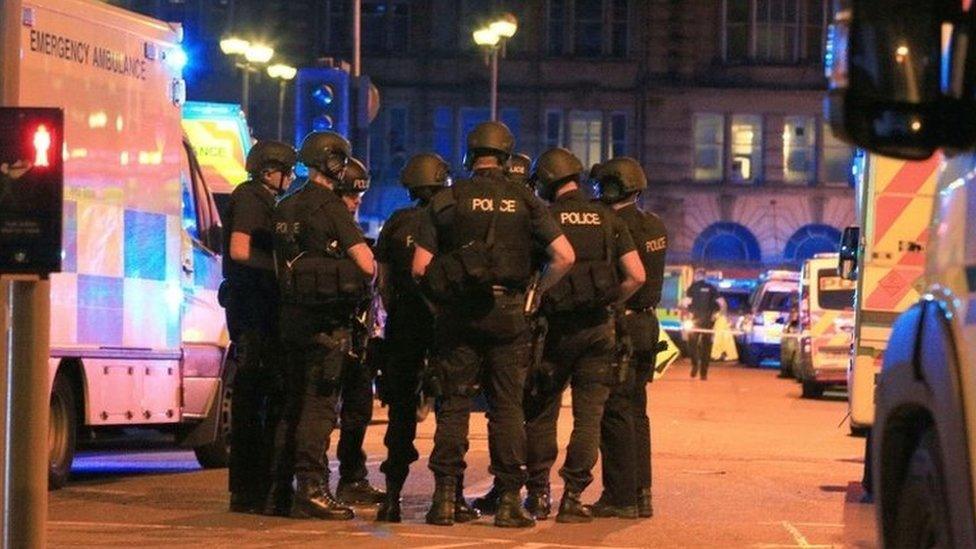
A public inquiry looked into circumstances surrounding the bombing
Mr Russel told the hearing that "indecision paralysed GMFRS that night and there was undoubtedly a lack of grip exercised by commanders".
"We are in a significantly better and improved position... but as I say, going forward, our work will never be done in respect of this."
Chairman Sir John Saunders told the inquiry that firefighters had felt shame at not being able to join in or do something constructive on the night of the terrorist attack.
When asked if trust had been restored between officers and their commanders, Mr Russel said he had "invested hundreds of hours talking to firefighters".
"Many years after the arena attack, the pain was visibly etched on their faces in respect of their inability to respond that night," he said.
"I think repairing trust sits with me as the head of the organisation.
"We have undoubtedly created a much more inclusive culture... which is more open and tolerant to mistakes and in many ways, I genuinely believe that is translating into a front-line workforce."
He also said body-worn cameras and digital voice recorders were being trialled by GMFRS to help capture commanders' decisions.
The inquiry will continue to hear evidence on the recommendations on Wednesday.
Why not follow BBC North West on Facebook, external, Twitter, external and Instagram, external? You can also send story ideas to northwest.newsonline@bbc.co.uk, external
- Published5 June 2023

- Published8 March 2023
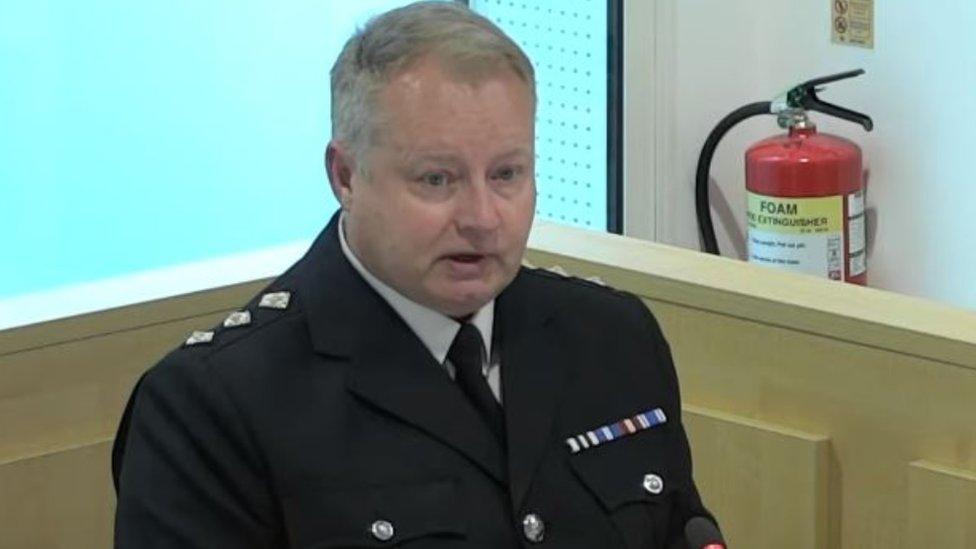
- Published2 March 2023
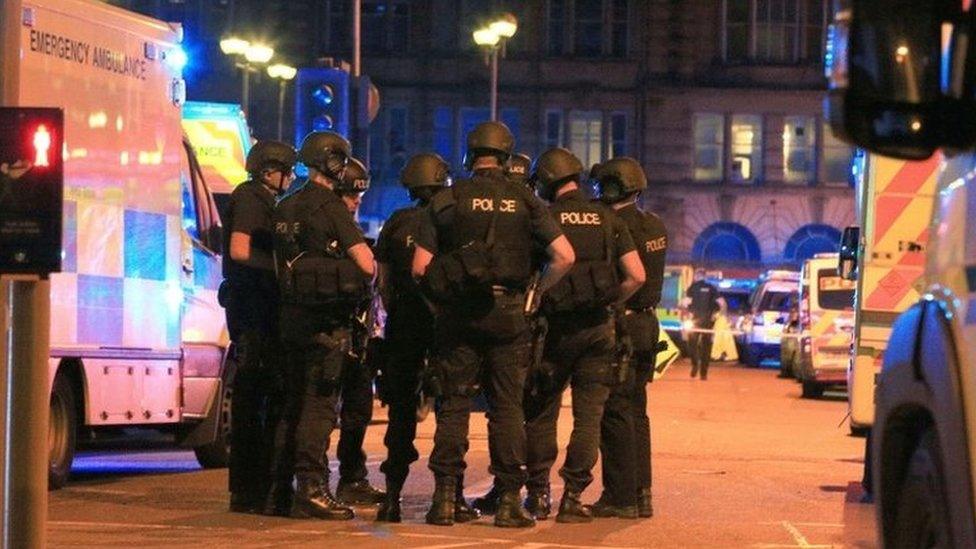
- Published2 March 2023
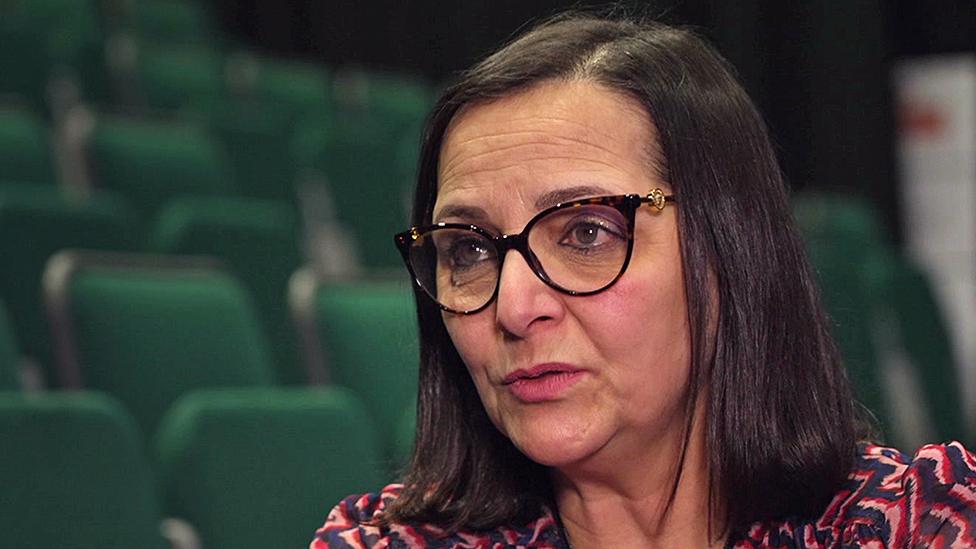
- Published2 March 2023
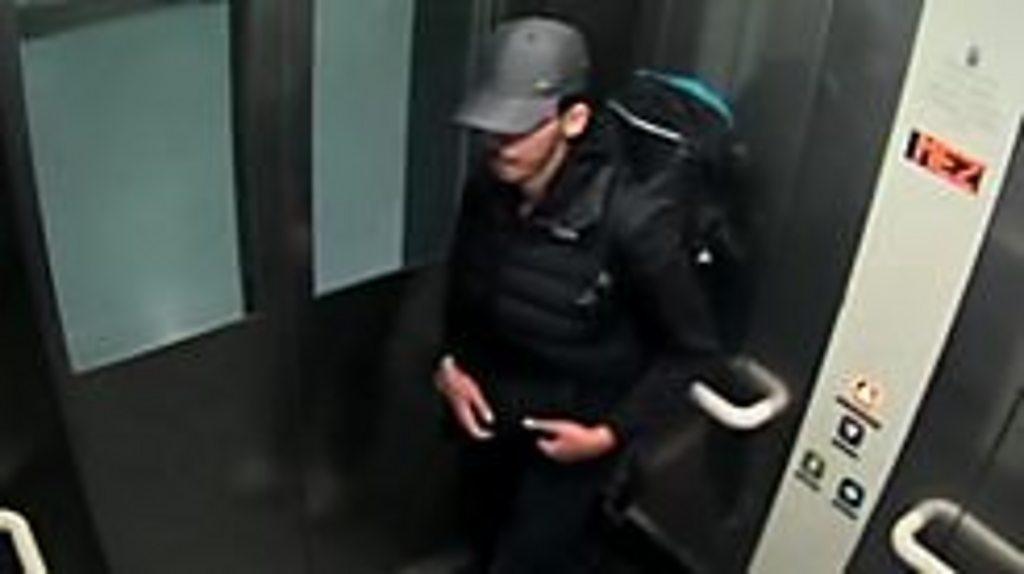
- Published28 February 2023
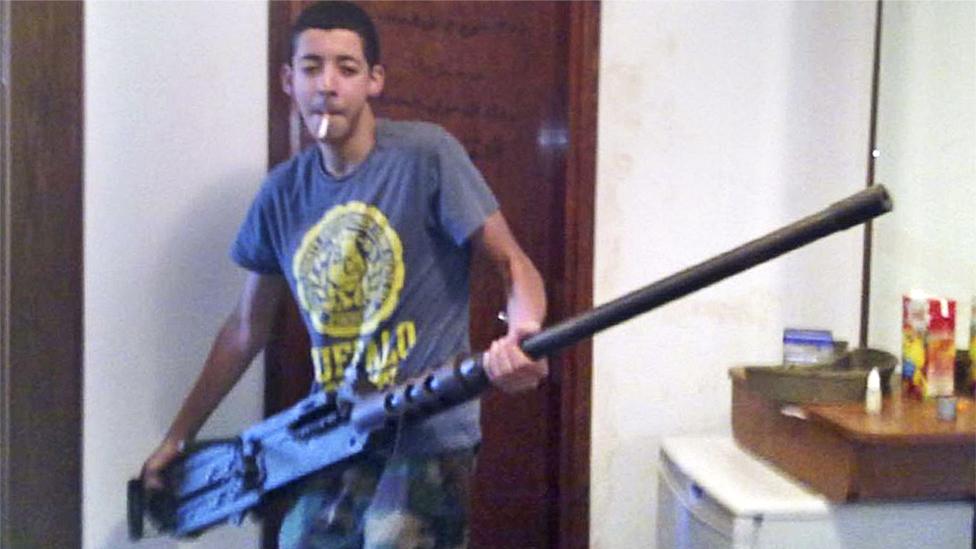
- Published3 November 2022
